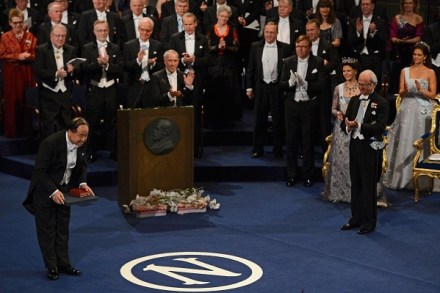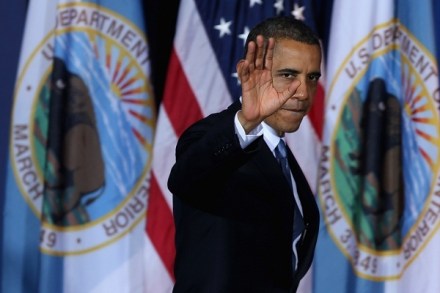Marcus Berkmann’s choice of stocking fillers
If you’re short on ideas for minor Christmas presents, then you can’t do better for expert guidance than read Marcus Berkmann’s choice of stocking fillers from last week’s issue of the Spectator magazine. There can be few phrases in the language more debased than ‘Christmas gift book’. (Well, ‘friendly fire’, maybe, or ‘light entertainment’.) Needless to say, every writer worth his overdraft wants to do one, having already spent in his head all the lovely money he is going to earn from it. But you are essentially writing something for people to buy for other people who would rather have been given something else. Having produced one or two of














